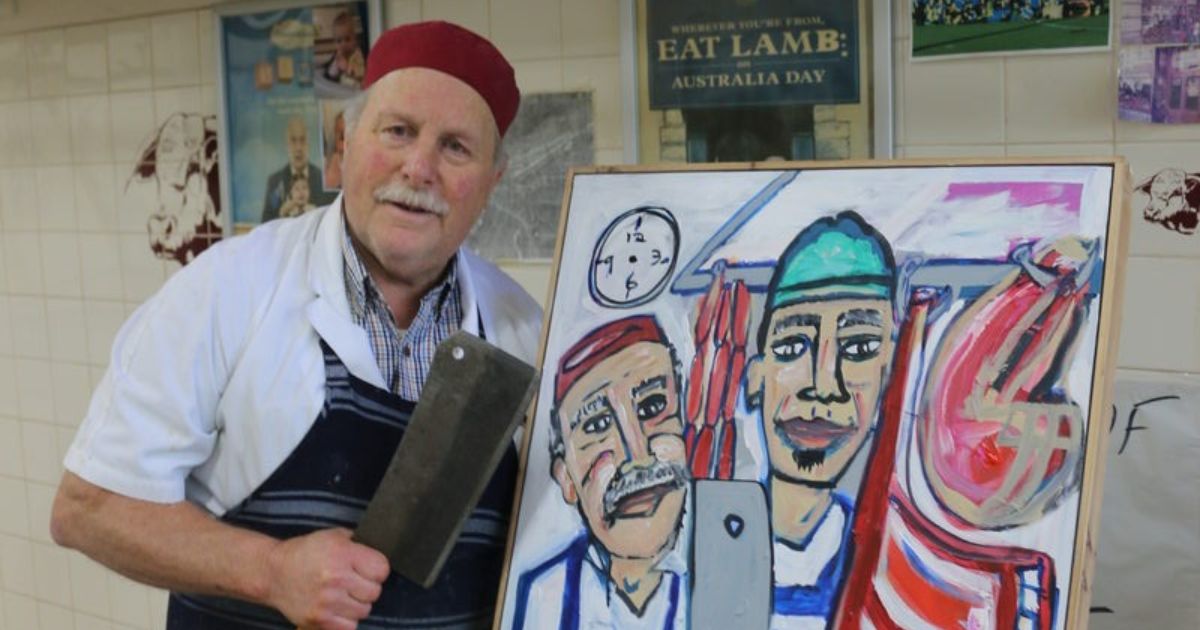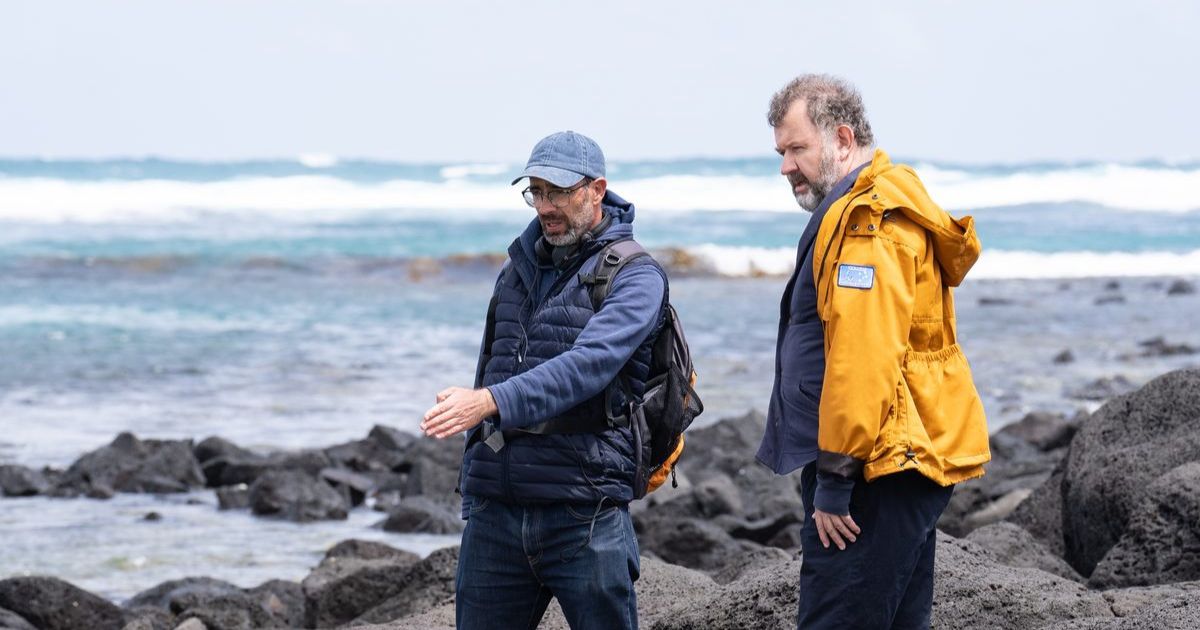From the desk of Roland Rocchiccioli

Queen of all She surveys: Victoria stands front-and-centre in the glorious Sturt Street Boulevard. Supplied
THE wanton vandalism wrought on the busts in the Prime Minsters’ Avenue is unfathomable. Ballarat is one of the prettiest cities in Australia. Around every corner in the older, more established areas is another picture-perfect scene. The Sturt Street Boulevard is the finest regional, major thoroughfare! The trees and flowerbeds are magnificent.
Demonstrably, the Ballarat City horticulturists of-the-day knew what they were doing. The boulevard deserves to be protected, assiduously. Today, their legacy is flawlessly maintained by a team of dedicated landscape architects, and garden and parkland workers. They deserve full public praise and thanks for their labours.
In more recent times, Ballarat has, as a consequence of abhorrent criminal behaviour been the focus of media attention — some of which has led to a spurious and fallacious determination.
Ballarat, according to VicPol Acting Superintendent Jason Templar, “is no more, nor less, dangerous than any other of Australia’s regional cities.” Lamentably, the city is not immune, and always there will be instances of hateful, criminal, anti-social behaviour. It is one of the universal ‘wicked problems’ bedevilling modern society; however, it does not imply, ipso facto, residents are more or less dangerous than previously. The recorded annals of human conduct are cluttered with instances of serious criminality. We cannot allow it to define the way we live our lives; nor should it be the preponderant estimation of Victoria’s largest inland city.
There is some truth in the adage: ‘give a dog a bad name’. In short: it is difficult to be rid of a bad reputation, even if it is unjustified. Ballarat has fallen victim to persistent hyperbole. Emphatically, news reporting has become less constrained; more graphic; imprecise truths; more sensationalist; prone to editorialising; a pre-occupation with clickbait which, speciously, is believed to signify the depth of public interest. In the harvesting of quotes there is a programmed disposition to favour the less positive aspect — it makes for better reading. The pressures of a 24-hour news service has diminished the general standard of scrutiny and increased the regularity of soloistic copy.
Troublingly, news is facing an existential crisis. Google/Wikipedia/Instagram/Facebook have become the primary research tools. Consequently, a percentage of reporters persistently and carelessly plagiarise the opinions of colleagues. It lessens the pressure of the job; reinforces the established narrative and decreases any likelihood of a daring variance from the accepted story. Also, we should not forget the author’s pursuit of the glittering prize. The squeaky door gets the oil — regardless of methodology.
Axiomatically, while there should be no diminishing of the pain and suffering of the surviving families, it behoves commentators, out of respect for the interests of Ballarat and the well-being of its residents, to exercise restraint and strive for a measured perspective; and to ruminate on the reporting’s effects on a febrile society. A recent feature article, highlighting specifically the residents’ constant apprehensions, does nothing to advance the narrative; to ease the anxious ethos; or to restrain the bubbling anger. The horrendous criminality has not rendered Ballarat a city to be feared. We are — men, women, and children, safe in our beds. While caution should be exercised, always, there is no empirical evidence suggesting we should be afeared of living-our-lives; of going about our daily business in peace and safety.
Be calm. Keep safe!
Roland can be heard with Brett Macdonald — radio 3BA Monday at 10.45 a.m. Contact: [email protected]


















